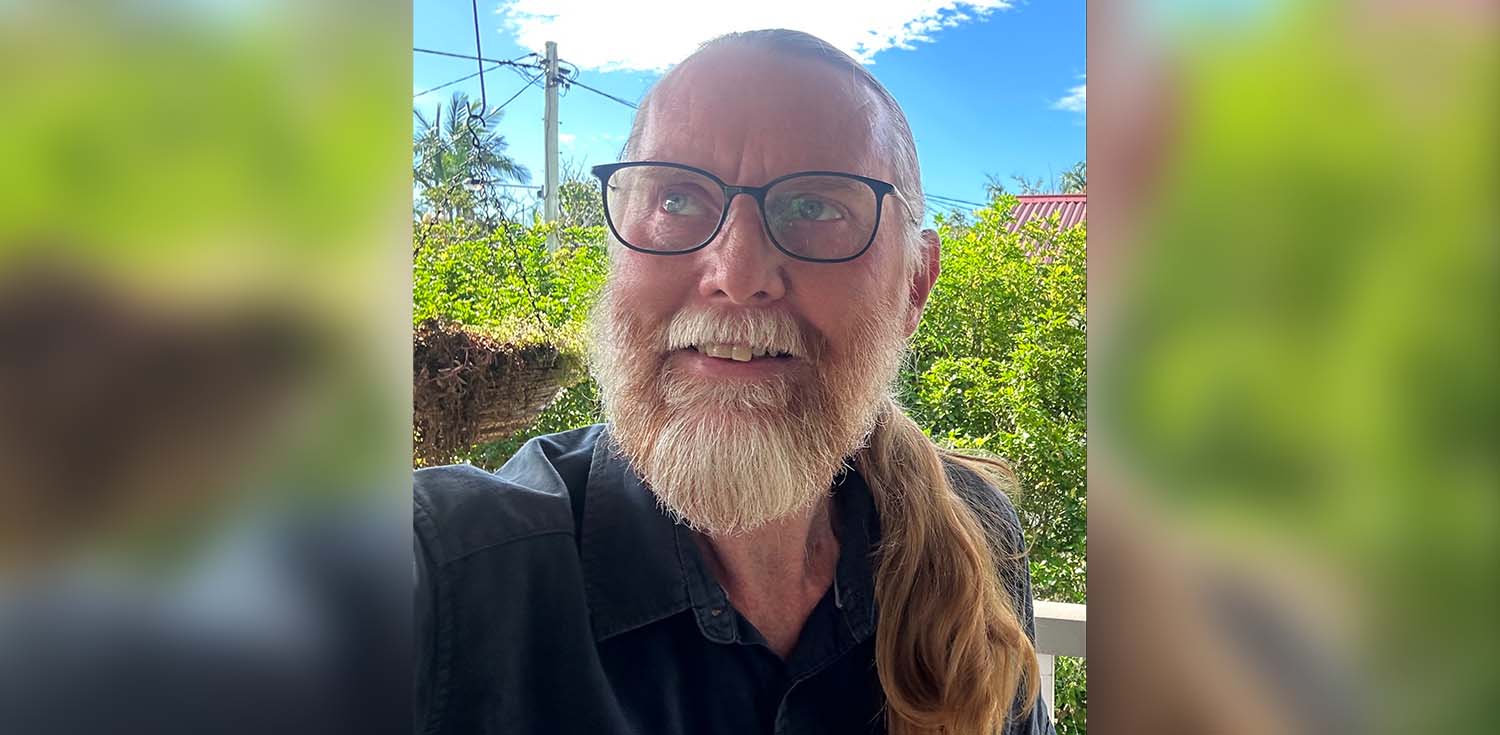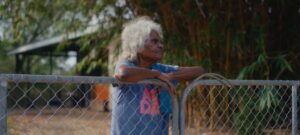I’m Rodney and I work in policy and research at FARE. I’m someone with a personal experience of alcohol dependency.
I don’t fit some of the stereotypes of alcohol dependency – I didn’t experience significant trauma and didn’t use alcohol until my mid-20s. But I did end up using it excessively and compulsively for many years.
My alcohol dependency was a terrifying and exhausting nightmare, deeply damaging to all aspects of my life. It badly affected my family, my work and my mental health. Trying to juggle my life responsibilities alongside my alcohol obsession was overwhelming. Eventually, alcohol became the most important thing in my life.
The physical unwellness, emotional shame and mental anguish led to extreme desperation involving significant mental health episodes. I often went against my own values – my behaviour was unacceptable to me and others. My own self-criticism was usually worse than anything anyone else could say.
I tried many times to quit or cut back on my own but was never able to keep it up. This led me to deny and hide my dependency, travel a lot and move interstate to escape the scrutiny of family and friends. The very things I needed so I could get well – connection with people and the ability to think clearly – were both seriously damaged and distorted by alcohol dependency.
I was totally baffled by my reaction to this substance. Why did I obsessively go back, again and again, to something I knew was harming me and others? It didn’t even make me feel good anymore!
Increasing shame and isolation meant that I did not know anyone else who used alcohol the way I did.
Alcohol companies try to blame and stigmatise people like me, whose misery they use to make their biggest profits. How exactly does someone with dependency ‘drink responsibly’?
Once I was finally able to seek help, I ended up in a rehabilitation centre, where I was introduced to clinical treatment and peer-based support.
First, there was enormous relief in realising that this was a ‘thing’ – there is a mental health condition called ‘alcohol use disorder’.
And second, I realised I was not alone. I discovered there were plenty of people just like me who experienced the overwhelming contradictions of alcohol dependency. This is not surprising since one in 10 Australians who drink alcohol meet the criteria for alcohol use disorder. There was also enormous diversity among the many people who experience dependency.
Recovering from dependency led to some big changes in my life, as I continued to access both therapy and peer support. Recovery allowed me to rebuild relationships and develop personally and professionally. This was especially with my daughters, who now have their own families, and with my partner of 12 years who has never seen me use alcohol.
After some years working in social services, including helping people with dependency, I studied and moved into social policy.
Coming to work for FARE two years ago combined my passion for policy with my lived experience of alcohol harm. I admired how FARE held the influential alcohol industry accountable for harms caused by their products.
By sharing my story, I hope to help reduce the stigma and shame often associated with alcohol dependency. I also want to challenge the equally harmful portrayal in alcohol marketing that alcohol must somehow be central to every part of Australian life.
I am very grateful that I have not felt the need to use alcohol for more than 20 years now, and that I’ve found many things in my life that are far more important to me than alcohol.
In the coming months, we will be regularly sharing stories like Rodney’s on our website. Sign up to the FARE e-mail list to receive future stories.
If you have experiences to share – short or long – that can help people know they are not alone, please share your story through the Voices of Change project.







